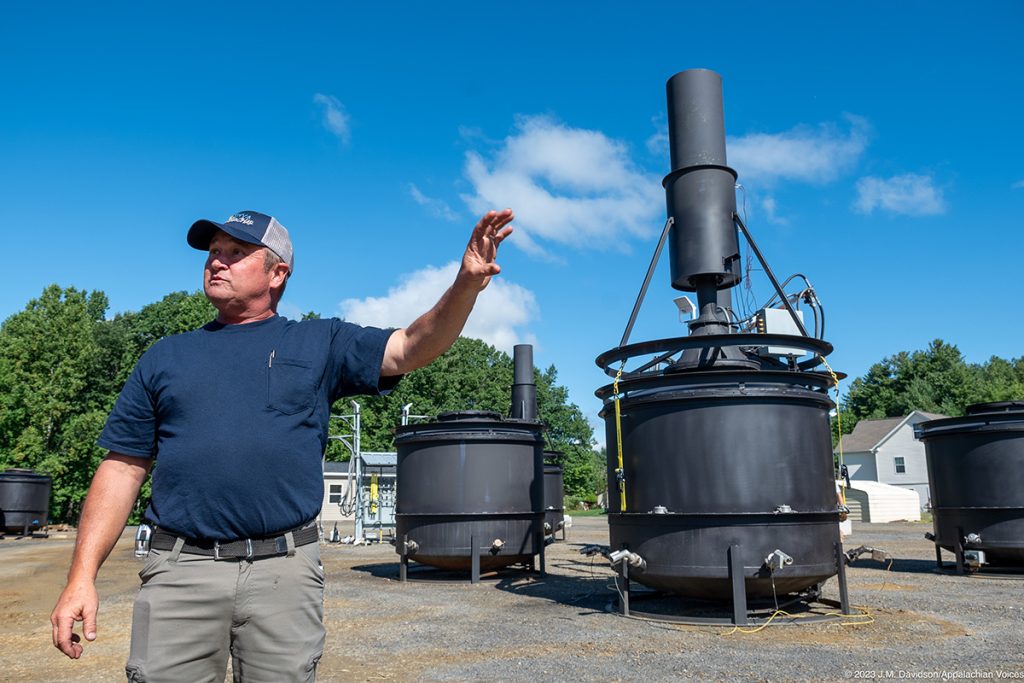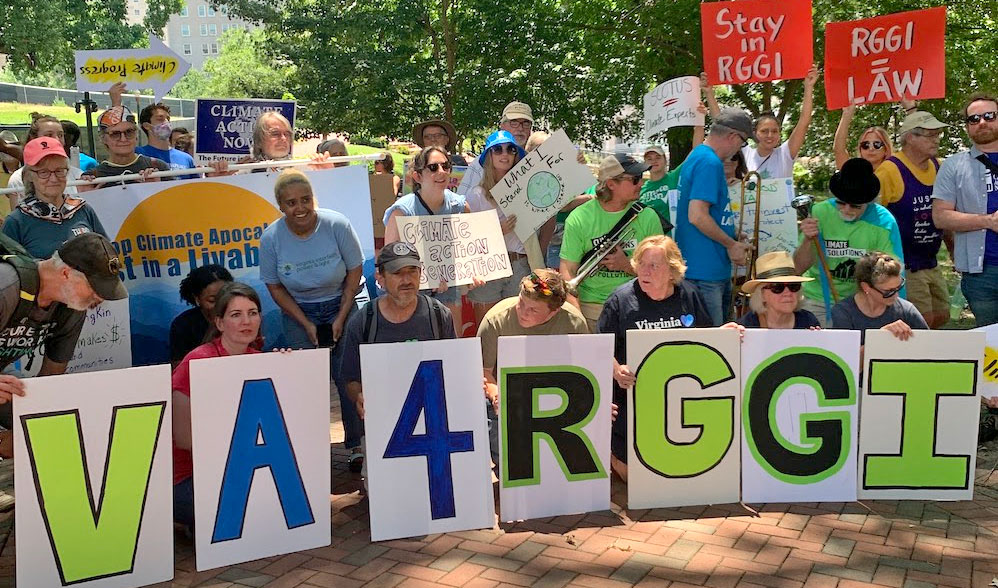Cleaning Up Coal Ash
For well over a century, power plants across the country have burned coal to generate electricity. And for just as long, leftover coal ash has been dumped in open, unlined pits near the power plant, usually located on a river or lake. Every year, U.S. power plants produce 130 million tons of coal ash, which is the second largest waste stream in the country after municipal garbage.
Coal ash concentrates the toxic heavy metals found in coal, including arsenic, mercury, lead and selenium. Stored in unlined, wet impoundments, coal ash has been leaking these toxics into our groundwater and surface waters for years. Sometimes these impoundments collapse — with disastrous results.
Yet government regulations for coal ash management are either non-existent or sparse, and there is little enforcement of the regulations that do exist. In North Carolina, this lack of oversight — and the complicity between state regulators, elected officials and Duke Energy — came to a boiling point in February 2014 when one of Duke’s coal ash impoundments spilled 39 million tons of ash into the Dan River.
Citizens living near North Carolina’s 33 coal ash impoundments — all of which have leaked — have fought for transparency from Duke and the state, and for cleanup of the pollution that threatens their property value, health and family. Their actions forced this issue into the headlines of news networks and to the forefront of environmental justice conversations in the United States.
Appalachian Voices stood with these communities as we worked for years to compel Duke Energy and the N.C. Department of Environmental Quality to excavate coal ash from all the North Carolina sites and dispose of it either in lined, dry landfills, away from waterways, or by recycling it for concrete or other uses, provided it’s done in a manner that protects public health and the environment.
On Jan. 2, 2020, North Carolina announced a historic settlement with one of the state’s most powerful corporations and polluters, Duke Energy. The settlement requires Duke to move nearly 80 million tons of toxic coal ash at six of its power plants to properly lined landfills onsite or recycle it.

Learn information about specific coal ash impoundments in the South, including health threats and safety ratings:
Additional Resources
Fact sheets, videos, links to academic research, and more
Sign Up to Act
Help us protect the health of our communities and waterways.
Latest News
‘Every Stick:’ SWVA Biochar Uses Local Waste to Create Quality Soil
A Southwest Virginia company’s biochar product is carbon-negative and has applications in agriculture.
The Peoples’ Protector
From fighting the Mountain Valley Pipeline to building a community garden, protecting people is at the heart of Crystal Mello’s work.
Coal bankruptcies continue to put a strain on communities
It is far too easy for coal companies to use bankruptcy to effectively hit a reset button. Once they file for bankruptcy, damages they caused and obligations they committed to are often no longer their responsibility.
Lawmakers miss opportunity to protect climate compact, invest in vulnerable communities
According to news reports, members of the budget conference committee failed to include language in the new budget insisting that the Commonwealth remain a part of the Regional Greenhouse Gas Initiative.
Views and Brews
There’s nothing better than some time on the trail followed by a smooth cup of java or something with a little kick. Enjoy this carefully crafted list of the perfect pairings.
Residents Across Five States Benefit From Local Air Quality Monitoring
Through the Upper South and Appalachia Citizen Air Monitoring Project, community members and organizations are collecting data about local air quality.











